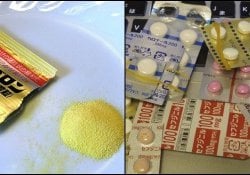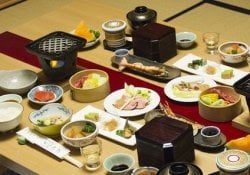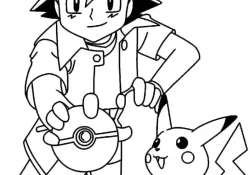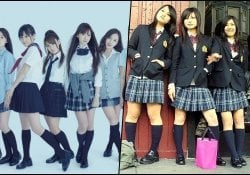Do you love a fast food? What about Japanese fast food? Yoshinoya (?野家) is a Japanese chain of fast-food restaurants, specializing in serving gyudon (bowl of rice with beef). It is the second largest chain of its kind by number of stores in Japan. It also has branches in China, Hong Kong, Taiwan, Philippines, Singapore, Malaysia and the United States.
In Japan, it is also known as "Yoshi-Gyu" (Japanese abbreviation of "Yoshinoya's beef bowl", which means "Yoshinoya's gyudon"). The motto of the restaurant is: ''Tasty, cheap and fast''. Most Yoshinoya restaurants are open 24 hours a day, 365 days a year. The establishments are located in strategic points such as near railway stations or on highways.
Inside a Yoshinoya restaurant, there are counters and tables, where they are arranged for free. beni-shoga, shichimi and shoyu for those who eat at the establishment. It also offers take-out food, except for teishokus, and in some branches there is the service of drive thru. In some units are served soba noodles and tempura also.
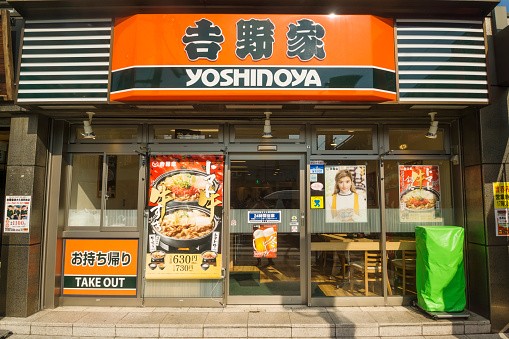
Índice de Conteúdo
Yoshinoya's History
Yoshinoya is very old, founded in 1899 based in Tokyo at the Nihonbashi fish market, its founder is Eikichi Matsuda. Its name derives from Yoshino (吉野), the birthplace of its founder, along with Untranslatable (家) which means “house” in Japanese. On September 1, 1923, the market fell victim to the earthquake called the Great Kantō earthquake. Then, three years later Yoshinoya moved to the new fish market in Tokyo, Tsukiji.
The chain opened its first 24-hour store in 1952. As early as 1958, in order to make more profit, fast-food chains switched from stand-alone restaurants to joint stock companies. The first franchise store was opened in Shinsaibashi, in 1968. In 1975, the first chain of fast food American open was Yoshinoya, Colorado.
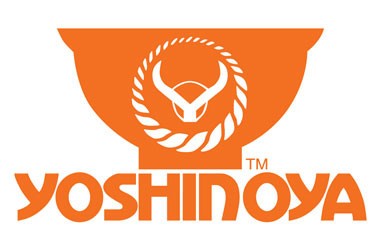
String Fixer explained more details about the Yoshinoya logo. The image resembles a bull's horn and was invented by the founder of Yoshinoya. The bull's horn idea is related to the initial letter of Yoshinoya's English name, "Y". The rope around the horn represents a fight of japanese sumo.
The rope name "Yokozuna" (equivalent to "winner"), represents the quality of food served at Yoshinoya. The rope is made up of 27 grains of rice, only the best sumo wrestlers get it. The logo suggests that Yoshinoya sells the "finest meat bowls".
Most of the meat in Japan comes from the United States, but in 2003 there was a ban on beef imports due to cases of the disease of the mad cow. At that time there was not as much variation of dishes as there is now. At that time, they had to replace the gyudon dish, which was the restaurant's main dish, with other foods.
That's when the "butadon" ("buta" means pig and "don” bowl), which used pork meat instead of beef, and introduced the curry as one of the main dishes. As time went by, different dishes emerged.
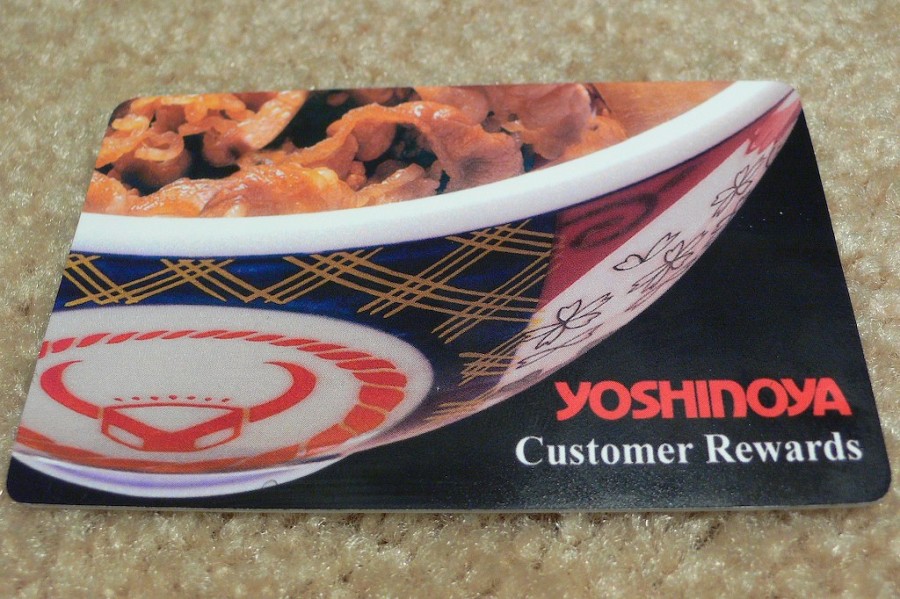
In December 2005, Japan agreed to remove the restriction on US beef imports. The following year, imports stopped again because inspectors found banned cattle parts in a shipment from the United States. In June 2006, Japan lifted the import ban again, and on July 31, 2006, Yoshinoya republished the letter promising to resume meat bowl service in about two months.
But it wasn't until December 1, 2006, that they started serving bowls of beef daily, albeit at limited times. and on March 17, 2008, Yoshinoya announced that it would resume 24-hour sales of the meat bowl, stretching across its then 1,040 stores nationwide until March 20, 2008.
Yoshinoya has a network of stores in Japan, the United States, Hong Kong, Cambodia, China, Indonesia, Malaysia, the Philippines, Singapore, Taiwan and Thailand.
Services offered at Yoshinoya
Yoshinoya restaurants in Japan often serve Green Tea and complimentary water. It also changes the gyudon's broth volume at the customer's request, at no extra cost. Tsuyu-daku: is a term used to ask you to increase the gyudon broth. Tsuyu-nuki: is a term used to ask you to reduce the gyudon broth.
Yoshinoya offers gyudon, kare, teishoku (Japanese combo dish) and side dishes for the gyudon. It also serves morning dishes, called wing-teishoku (asa which means morning and teishoku combined dish) from 5 am to 10 am.
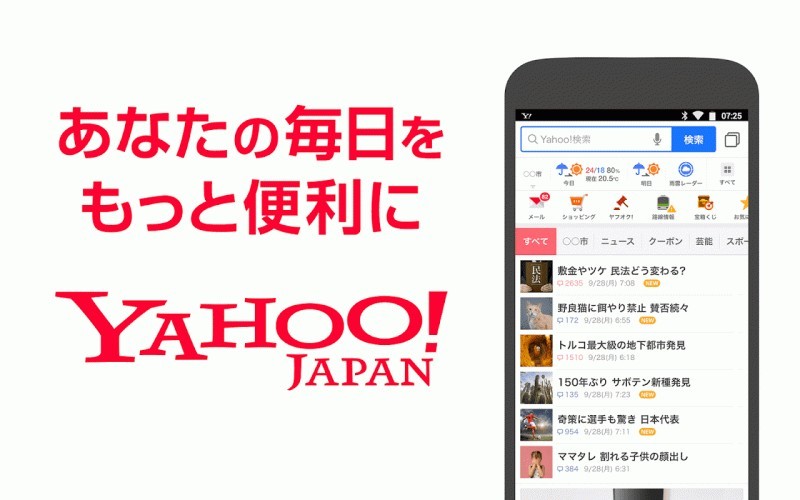
main dishes
- Gyudon: can be chosen between 3 sizes: namimori (normal) ōmori (big and tokumori (especially large).
- Gyu-Sara: it's just the gyudon meat with onion, without the rice. It can also be chosen from 3 sizes like the gyudon.
- Karê → Curry: rice covered in curry sauce. It can be added meat with onions like gyudon.
- Gyushake-Teishoku: gyu-sara small, trout, rice, miso soup and small portion of oshinko.
soups
- Miso Soup: Soybean noodle soup.
- Kenchinjiru: soy soup containing edible roots, kon'nyaku, abura-age and chicken.
- Tonjiru: Miso soup containing edible roots and pork.
follow-ups
- Egg: raw egg. Usually placed on top of the gyudon, mixed and enjoyed together.
- Hanjuku-Tamago: hard boiled egg. Tasted in the same way as the raw egg.
- Oshinko: canned vegetables.
- Kimchi: Korean-style spicy pickled chard.
breakfast dishes
- Nattō: fermented soybeans. Usually placed over rice, with which it is mixed and enjoyed together.
- Nori: crispy sheet made from seaweed.
- Nattō set meal: nattō, raw egg, nori, rice, miso soup and a small portion of oshinko.
- Grilled fish set meal: trout, nori, rice, miso soup and oshinko.
- Toku-wing teishoku (morning special teishoku): nattō, raw egg, trout, nori, rice, miso soup and oshinko.
Would you like to eat at this restaurant?

